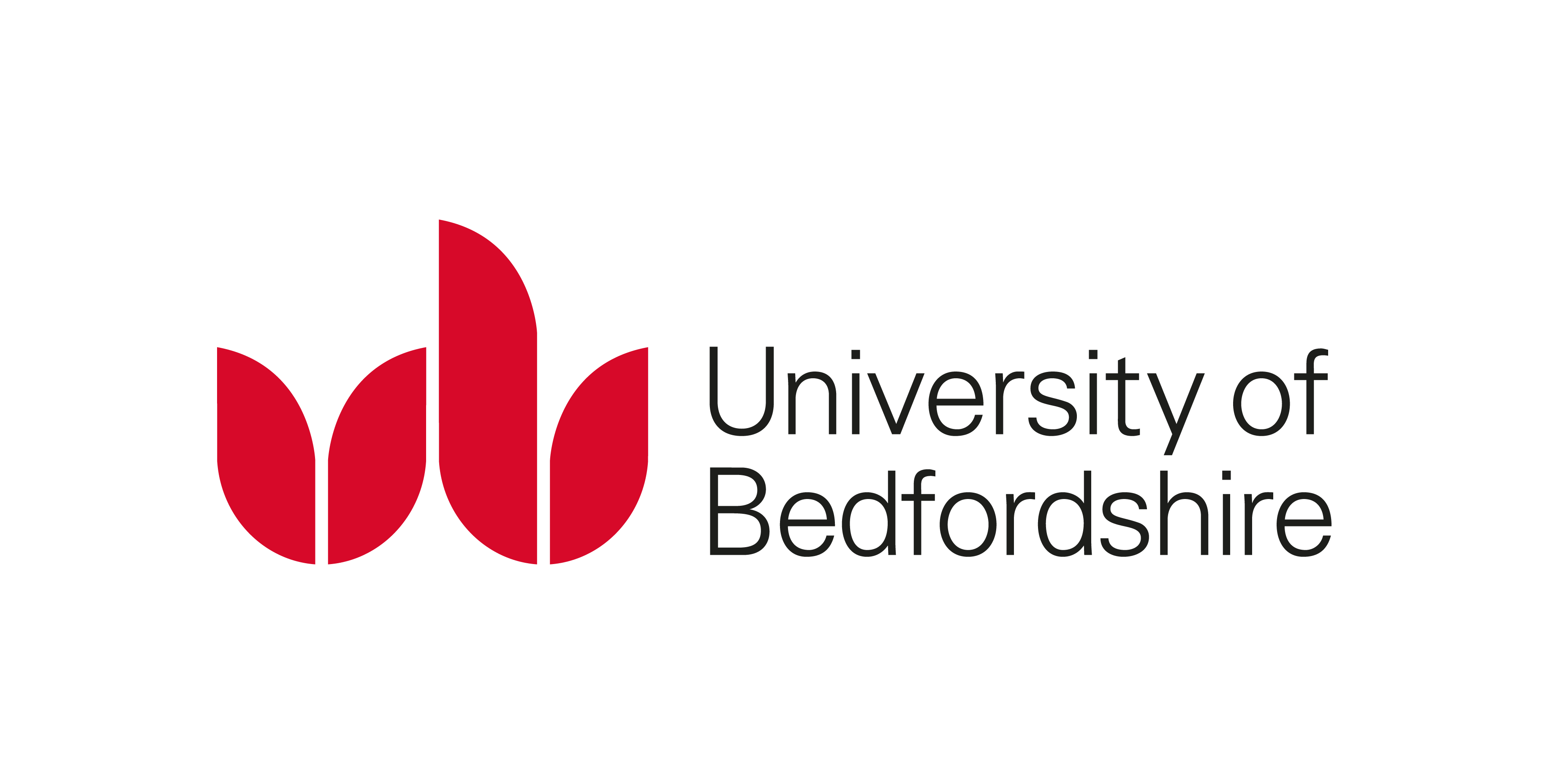Foreign businesses say the plan of Prabowo Subianto’s incoming administration to expand the cabinet risked increasing bureaucratic hurdles, which might complicate doing business and harm the investment climate in Indonesia, though it could help focus policies if done right.
A representative from the British Chamber of Commerce in Indonesia (BritCham Indonesia) told The Jakarta Post on Friday that it was critical for any upcoming changes to be structured “in a way that is perceived to ease the challenges of doing business”, to encourage more foreign direct investment and attain the envisioned 8 percent growth in gross domestic product.
“While the expansion of ministries could bring about specialized focus and potentially better governance in certain sectors, it also poses risks of increased bureaucracy and regulatory complexity,” said the BritCham representative, who declined to be named
The government also needed to keep stakeholders informed so they could
“adapt to the regulatory landscape to navigate these changes effectively”. they added.
“Advanced consultation with domestic and foreign [business] chambers, for example, could be an effective way to get the intended best impacts from the proposals.”
Likewise on Friday, Lydia Ruddy, managing director of the American Chamber of Commerce in Indonesia, told the Post that “a larger cabinet can go either way”. She also noted that “what is important is openness to working with the private sector and good coordination”.
Prabowo is to be inaugurated as Indonesia’s eighth president on Oct. 20. To date, he has not provided any details on the cabinet structure or the size of his administration, either privately or publicly.
However, National Mandate Party (PAN) Zulkifli Hasan chairman, a close ally, has said Prabowo could appoint up to 44 cabinet ministers.
The 2008 Ministries Law previously enforced a limit of 34 ministries, but the House of Representatives and the administration of outgoing President Joko “Jokowi” Widodo agreed on Sept. 9 to remove the cap by revising the law.
The law revision bill was finalized during a House plenary session on Sept. 19, and is set to be passed as soon as the President signs it or by default after a period of 30 days.
The Finance Ministry and the House have also set aside Rp 491.22 trillion
(US$31.87 billion) in a discretionary fund for the 2025 state budget to accommodate unplanned expenditures, including the potential cabinet expansion.
Deputy Finance Minister Thomas “Tommy” Djiwandono said on Wednesday that the budget allocation for the cabinet expansion “has not been finalized”, but it would not exceed the amount available in the discretionary fund.
Tommy, who is Prabowo’s nephew, was appointed to his ministerial post in July by Jokow in a move that was seen to facilitate the transition of power in October.
His comment, along with the establishment of a discretionary fund and the Ministries Law revision to jettison the cap on the number of ministries, points to a likely government expansion as soon as Prabowo finalizes his cabinet lineup.
Bhima Yudhistira, executive director of the Center of Economic and Law Studies (CELIOS), told the Post on Friday that “it was very true” that a bloated government would translate into extra bureaucratic layers for businesses to conduct their activities in Indonesia.
Wijayanto Samirin, an economist at Paramadina University, told the Post on Friday that adding more ministries could lead to bureaucratic inefficiency and complicate coordination in formulating and implementing regulations, with businesses “among those [to] suffer the most”.
“If [Prabowo] is not careful, [licensing] processes will become more complicated and lengthier, and that will make our business climate worse,” Wijayanto said.
The 2019 Doing Business report from the World Bank suggests that
“unnecessary red tape should be eliminated” to improve a country’s ease of doing business, as “regulatory burdens often pose substantial obstacles for investors”.
“Discrepancies among existing laws, for example, can lead to unnecessary and even contradictory compliance requirements. Furthermore, lengthy processing times for required approvals I… can drive up costs.” the report
The government has tried to ensure ease of doing business through the implementation of the Online Single Submission (OSS), its web-based business licensing system, which aims to cut red tape by reducing the points of interaction between companies and the government for obtaining the necessary permits.
Wijayanto said the OSS was far from perfect due to “regulatory complexities”, weak interinstitutional coordination and the “weak digital mindset” of the parties involved.
“The OSS might be running well in Jakarta, but that might not be the case in remote regions. A one-size-fits-all solution might not be a good approach for Indonesia,” he said.
The Organisation for Economic Co-operation and Development (OECD) has been pushing for the adoption of efficient, effective and streamlined government structures, though it refrains from explicitly endorsing lean government.
Indonesia has been pursuing accession to the OECD since last year, with the formal process beginning in February this year. To join the organization, sometimes referred to as the “rich countries’ club”, the country must adjust many of its policies and regulations in line with OECD standards.
Spearheading the country’s effort to gain OECD membership is the Office of the Coordinating Economic Minister, whose secretary Susiwijono Moegiarso told the Post on Friday that Prabowo’s cabinet expansion “will not hamper” the process, as the government was required to comply with OECD standards in terms of public service mechanisms and systems, irrespective of the number of institutions involved.
Source from The Jakarta Post
































